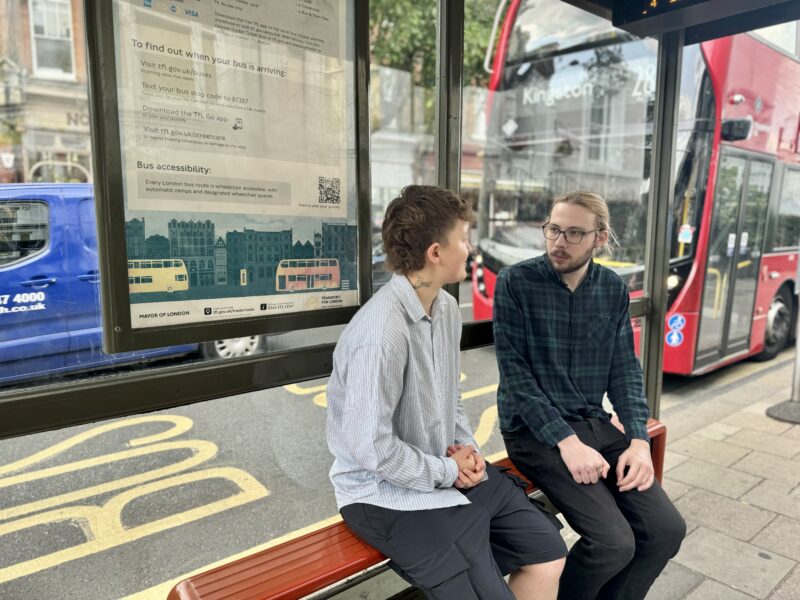Home > Hub article > What is Specialist Mentoring?
What is Specialist Mentoring?
Created: 26/03/2023, Bright Futures @Ruils
Who by? Bright Futures @Ruils
Why might it be of interest?
Studying at university is a big step for any student and a bigger step for young people with additional support needs. These young people need to be able to take advantage of any support available to them and specialist mentoring might be an option. It can take many forms depending on the needs of the student at any particular time and should be collaborative between student and mentor.
Specialist mentoring is available to students with a diagnosed mental health condition; neuro divergent profiles such as ADHD and ASD; students with conditions that have a significant psychological component or consequences (eg ME).
Specialist mentoring is used to work on a variety of topics, depending of what the student needs at a particular time, which means that it might change over a student’s time a university.
Mentoring is a collaborative process between the student and mentor. You have a responsibility to attend meetings with your mentor and to engage with the mentoring process.
Mentoring may cover, for example:
- Organisation and time management
- Goal setting – realistic study patterns – prioritising workload
- Understanding how you learn best
- Managing your work / life balance
- Helping develop motivation
- Building confidence and self-esteem
- Local orientation
- Seeking clarification on academic tasks
- Assistance with administrative procedures
- Advice on social integration
- Help with approaching staff
- Help with meeting people for the first time
- Help with inentifying areas which are causing difficulty
- Study assistance – non-subject specific – study skills
- Help with managing anxiety and consequential behaviour
- Help with accessing other sources of support
- Making the most of different opportunities available at the college
Depending of the level of needs mentoring can be done by different types of mentors. This could include a fellow student with relevant experience or a specialist mentor who is a member of staff.
Specialist mentors are not counsellors, therapists or mental health advisors. They cannot help you manage your condition or any treatment you receive – that is for your GP. It is not their responsibility to advise on funding, such as DSA, or reasonable adjustments – contact the university disability service.
Specialist mentoring can be provided for though the Disabled Students’ Allowance. If you do not have DSA you can still talk to student services to see what support they may be able to provide
When you receive your DSA letter it will have details of the support being provided and how to contact the support organisation. This may be a university department or an independent provider. It is up to you to make contact initially.
Categories: Education & Employment, University
Tags: learning support, university
